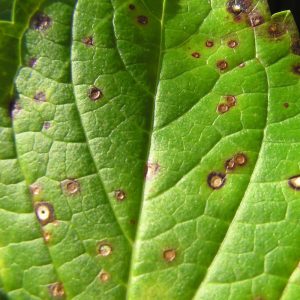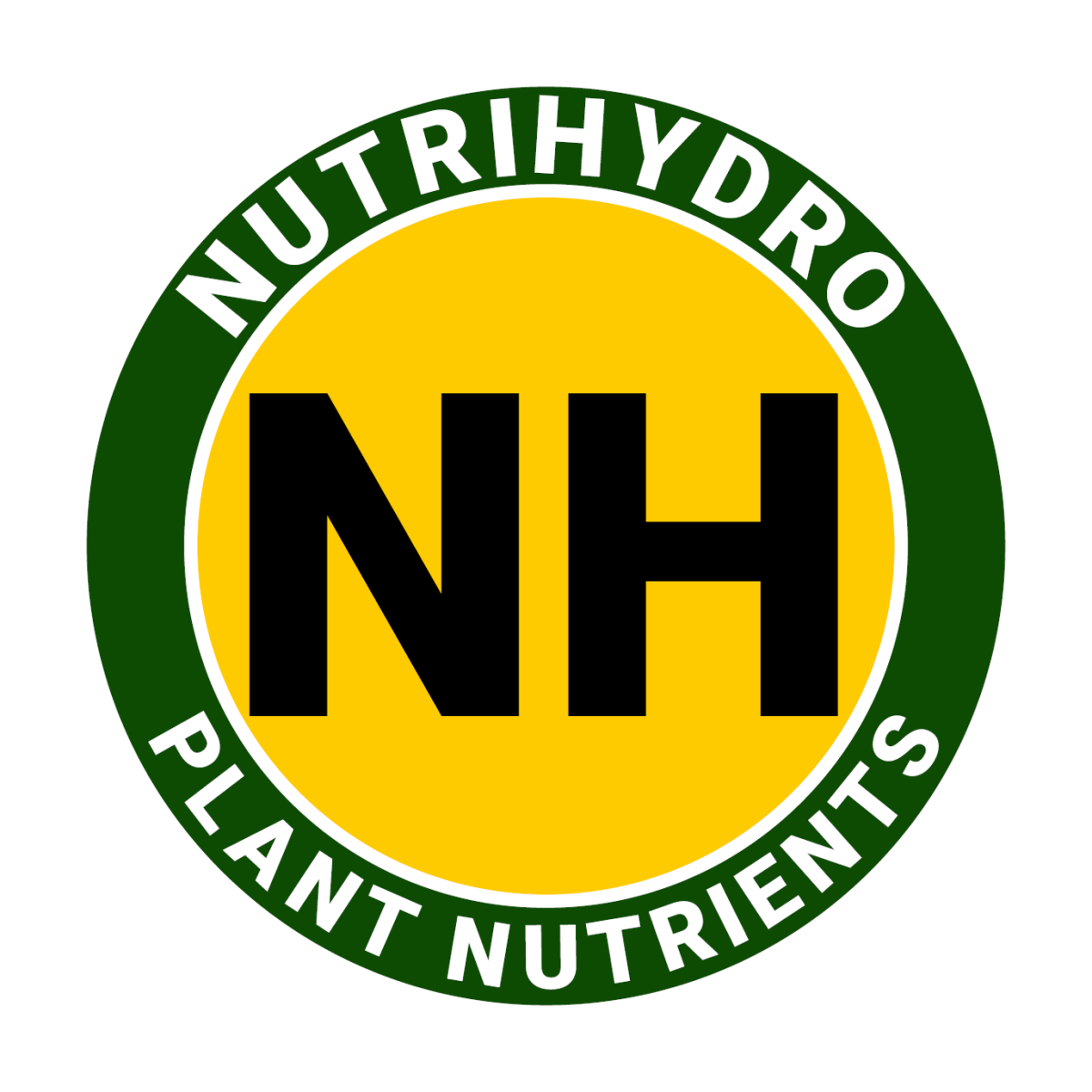Tackling Fungal Outbreaks in Tropical Greenhouses
 In a tropical country like the Philippines, where the weather is often hot, humid, and marked by frequent rainfalls, growing conditions can be more conducive to fungal outbreaks in lettuce greenhouses. Here are some common factors that contribute to such outbreaks:
In a tropical country like the Philippines, where the weather is often hot, humid, and marked by frequent rainfalls, growing conditions can be more conducive to fungal outbreaks in lettuce greenhouses. Here are some common factors that contribute to such outbreaks:
High Humidity: High humidity levels can provide the perfect environment for many types of fungal spores to germinate and proliferate. When the air is saturated with moisture, it can encourage the growth of fungi on plant surfaces and within the greenhouse structure. High humidity can also lead to water condensation on plant surfaces, providing further opportunities for fungal growth.
Temperature: Many fungi thrive in warm conditions, which are typical in tropical climates. These warm temperatures can accelerate fungal growth rates, and, combined with high humidity, can create an ideal environment for fungal outbreaks.
Frequent Rains: Frequent rains can exacerbate humidity problems inside a greenhouse. If the greenhouse isn’t properly sealed, rainwater enters, increasing the relative humidity and the amount of standing water. If the rain is heavy and constant, it also limits the amount of sunlight, which indirectly favor some types of fungus.
Limited Sunshine: Sunshine helps to reduce the spread of some types of fungi by drying out the environment and directly inhibiting fungal growth. However, constant rain limits the availability of direct sunlight, potentially favoring the development of some types of fungi.
Poor Ventilation: Inadequate ventilation can trap humid air inside the greenhouse, creating a microclimate that is more favorable to fungal growth. Proper ventilation helps to regulate temperature and humidity levels, reducing the likelihood of a fungal outbreak.
Overcrowding of Plants: Overcrowding can lead to a lack of air circulation around the plants, which, combined with high humidity, can create a favorable environment for fungal diseases.
Poor Sanitation: Fungi can easily spread via contaminated tools, surfaces, and workers’ hands. Without rigorous cleaning and sanitization procedures, a small fungal issue can quickly turn into a major outbreak.
For these reasons, in a tropical climate, it is especially important to manage the greenhouse environment effectively to reduce the risk of fungal outbreaks. This includes:
Controlling Humidity: This can be achieved through proper ventilation and, if necessary, the use of dehumidifiers.
Regulating Temperature: While this can be a challenge in hot climates, shading, adequate ventilation, and evaporative cooling can help maintain temperatures within an acceptable range for lettuce.
Proper Spacing of Plants: To improve air circulation and reduce the spread of fungal spores, ensure plants aren’t overcrowded.
Good Sanitation Practices: Regularly clean and sanitize the greenhouse, tools, and equipment to prevent the spread of fungi.
Proper Water Management: Avoid overwatering and ensure good drainage to prevent standing water.
Remember that every greenhouse situation is unique, so the best approach to managing fungal diseases will depend on the specific local conditions and challenges. It’s always a good idea to consult with your local agricultural extension services or a professional agronomist for best advice. You may also reach out to NutriHydro so we can arrange consultations with qualified professionals in the field of agriculture. Reach out to us on our contact page.
Author
Christopher Tuason
Christopher Tuason
NutriHydro is a manufacturer of plant nutrients based in the Philippines. They are known to grow the healthiest, heaviest, and largest lettuce in the country. NutriHydro products are available to purchase from the following e-commerce platforms.
Lazada: bit.ly/3asMYXN
Shopee: bit.ly/3nRJX6Z
Basilyard: bit.ly/346Kklw
NutriHdyro Website: bit.ly/434MoY6





